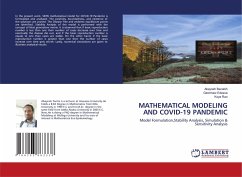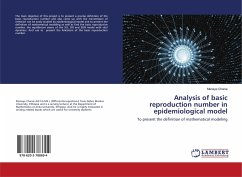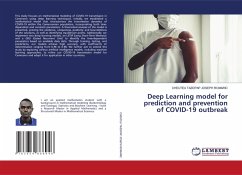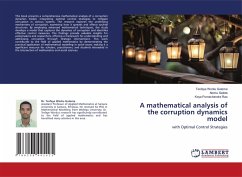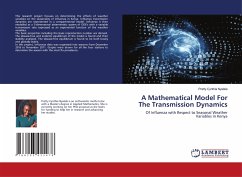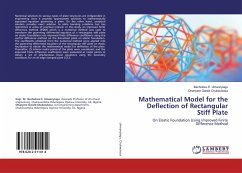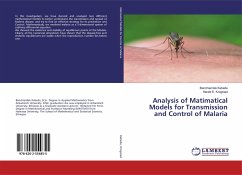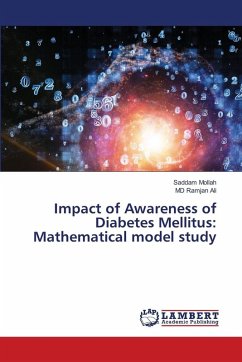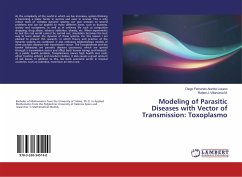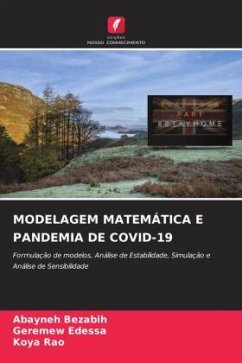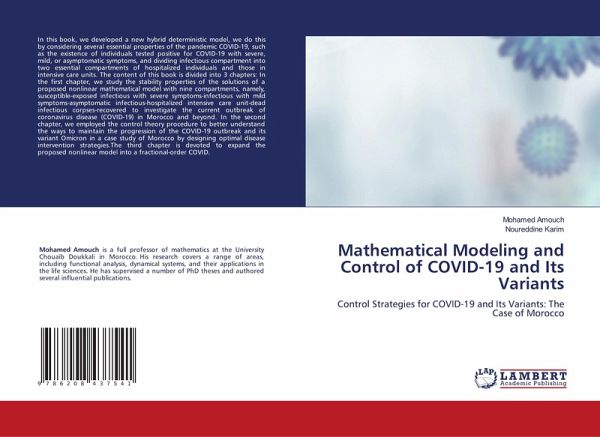
Mathematical Modeling and Control of COVID-19 and Its Variants
Control Strategies for COVID-19 and Its Variants: The Case of Morocco
Versandkostenfrei!
Versandfertig in 6-10 Tagen
40,99 €
inkl. MwSt.

PAYBACK Punkte
20 °P sammeln!
In this book, we developed a new hybrid deterministic model, we do this by considering several essential properties of the pandemic COVID-19, such as the existence of individuals tested positive for COVID-19 with severe, mild, or asymptomatic symptoms, and dividing infectious compartment into two essential compartments of hospitalized individuals and those in intensive care units. The content of this book is divided into 3 chapters: In the first chapter, we study the stability properties of the solutions of a proposed nonlinear mathematical model with nine compartments, namely, susceptible-exp...
In this book, we developed a new hybrid deterministic model, we do this by considering several essential properties of the pandemic COVID-19, such as the existence of individuals tested positive for COVID-19 with severe, mild, or asymptomatic symptoms, and dividing infectious compartment into two essential compartments of hospitalized individuals and those in intensive care units. The content of this book is divided into 3 chapters: In the first chapter, we study the stability properties of the solutions of a proposed nonlinear mathematical model with nine compartments, namely, susceptible-exposed infectious with severe symptoms-infectious with mild symptoms-asymptomatic infectious-hospitalized intensive care unit-dead infectious corpses-recovered to investigate the current outbreak of coronavirus disease (COVID-19) in Morocco and beyond. In the second chapter, we employed the control theory procedure to better understand the ways to maintain the progression of the COVID-19 outbreak and its variant Omicron in a case study of Morocco by designing optimal disease intervention strategies.The third chapter is devoted to expand the proposed nonlinear model into a fractional-order COVID.





